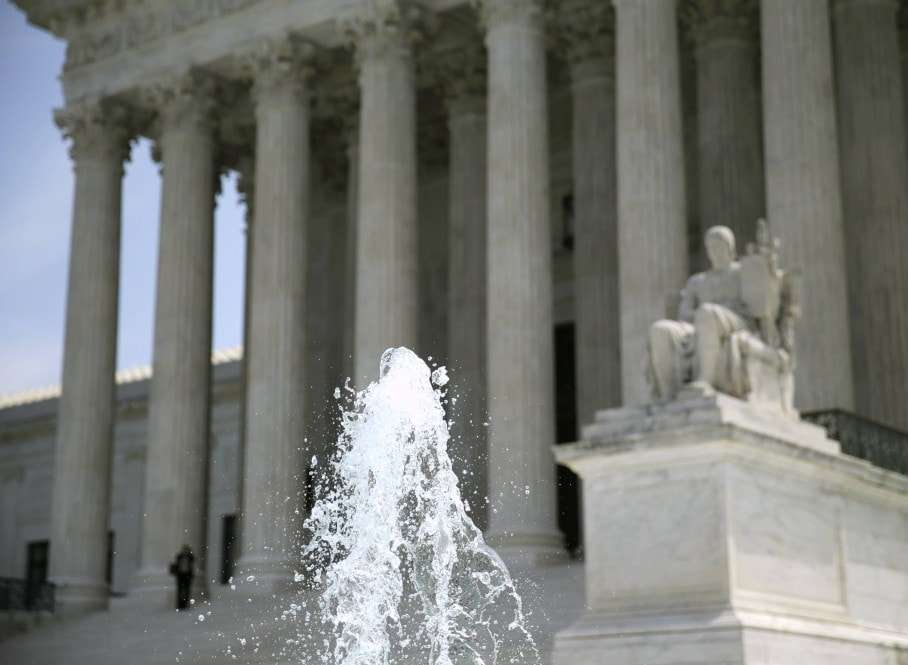The Volokh Conspiracy
Mostly law professors | Sometimes contrarian | Often libertarian | Always independent
A major victory for executive power at the Supreme Court

On Monday, in Zivotovsky v. Kerry, the Supreme Court held that Congress may not require the State Department to designate "Israel" as the place of birth for American citizens born in Jerusalem. It is a long-standing policy of the executive branch to simply list "Jerusalem" as the place of birth, as the United States has not officially recognized Israel's claim over the disputed territory. Congress, however, disagreed and passed a statute attempting to trump the State Department's position.
Zivotovsky is a significant win for the executive branch, for reasons Jack Goldsmith explains at the LawfareBlog:
It is very unusual for the Court to give the President a victory in defiance of a congressional restriction, a context that Justice Jackson described in his famous Youngstown concurrence as the "lowest ebb" of presidential power. And it is literally unprecedented for the Court to do so in the foreign relations context, as the Chief Justice noted in the first sentence of his dissent. This is one important feature of the case. …
… as Justice Scalia noted, the reasoning in the opinion - especially its "functional considerations" in support of the exclusive recognition power - sweeps beyond the holding. …
Until today the Executive branch never possessed a judicial precedent that embraced its many functional arguments for presidential primacy in a decision that holds that the president can disregard a foreign affairs statute. Now it does possess such a precedent - a precedent with broad reasoning and a good deal of pro-Executive dicta. This precedent thus gives executive branch lawyers much more powerful ammunition than before in deciding whether to disregard foreign relations statutes in contexts that never reach courts for review.
Goldsmith, the Henry L. Shattuck Professor at Harvard Law School, is careful to note that he is being descriptive here, neither embracing nor critiquing the substantive result. Like him, I am "uncertain" as to the proper result in this case, and do not believe that prior court decisions are particularly controlling here. But also like Professor Goldsmith, I am inclined to think that this is a significant decision, and one that will be frequently cited (by executive branch lawyers especially) for many years to come.
Lyle Denniston has more on the opinion at SCOTUSBlog.


Show Comments (0)